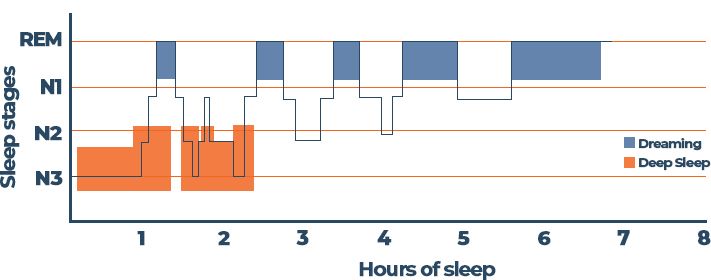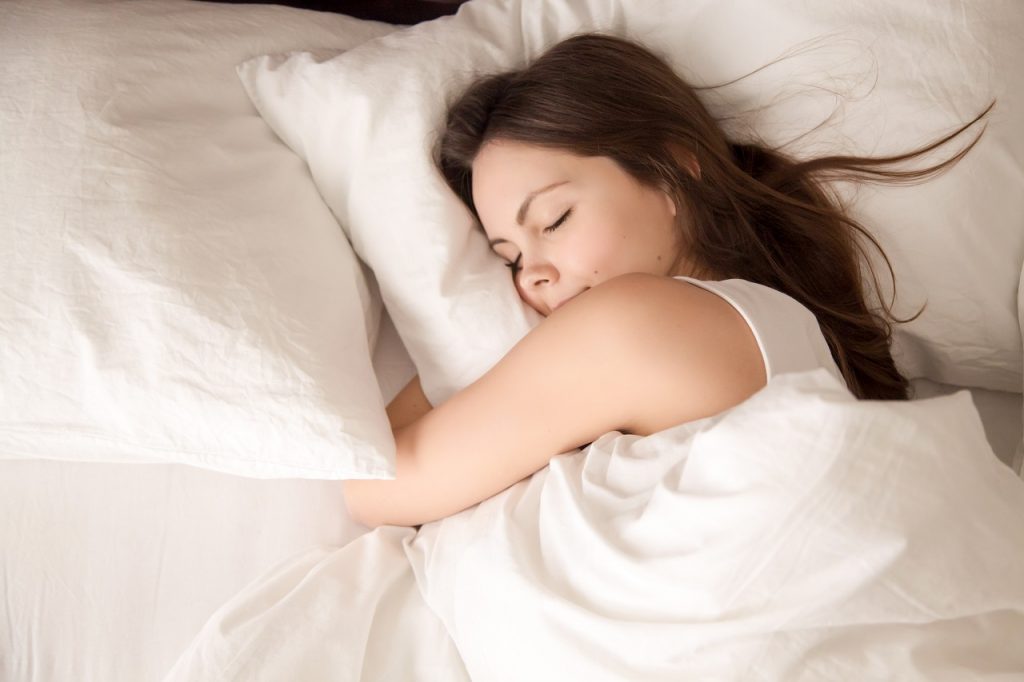 The internet is full of various sleep tips and advice but which one is the best one to follow? Don’t worry, I have shared some sleep tips which I’ve personally experimented with and benefitted from over the last couple of years. Hope they help you too!
The internet is full of various sleep tips and advice but which one is the best one to follow? Don’t worry, I have shared some sleep tips which I’ve personally experimented with and benefitted from over the last couple of years. Hope they help you too!
Sleep Tips For A Good Night’s Rest
1. Day Time:
- The sleep preparation process starts from the time you wake up
- What you do during the day, impacts how you sleep. Sleep is not just a standalone event that happens in the evening. Sleep is designed to unwind, scavenge, reorganize and rebuild from the activities of the day. So, be cognizant of what you do in the daytime
- Get some Sunlight, especially first thing in the morning. This sends a clear signal to “Body Clock” that it is Daytime – it will automatically set up the night time.
- Try walking without any footwear on natural ground while taking morning walks. It helps immensely!
- No Coffee/Cola after 13:00 hours – I found the impact of tea is milder on sleep. At 4pm, masala tea with ginger, etc. is ok.
2. Evening
- Get used to dim lights post dinner. Light is the number 1 inhibitor to the onset of sleep
- I have two sets of lights in my house – one for “illumination and celebration” and one with dim lights conducive to induce melatonin secretion.
3. Dinner
- 30 minutes before dinner, take 1-2 spoons of Apple Cider Vinegar with 1 spoon of honey in 1 glass of water. Works wonders for sleep, digestion, acidity, GERD, etc.
- Early dinners are the best! Between 6-7pm max. You do not want your digestion process working during sleep
- Stop the intake of water 90 minutes before sleep if you are above 45.
4. Preparing to Sleep
- 30 minutes before your scheduled sleep time, start unwinding. Phone can be kept outside the bedroom or better, switch it off. Reading a hardcover book is a great way to induce sleep. I used to read a book on macroeconomics
- Pranayama is a great way of preparing the body for sleeping. I found the following useful
- 4-8 method: Inhale through nose for a count of 4 and exhale through the mouth for count of 8 – ask me if you do not yawn and feel sleepy at the end of 3 minutes
- Shitali Pranayama: 3-4 rounds – cools the body
- Ujjayi: 3-4 rounds – strengthens the throat muscles – works against collapsing during snoring
- Lavender Essential Oil: Apply 1 drop of good quality lavender essential oil on your pillow. You will sleep like a baby. Do not use more than one drop, I do not want to get a call from your boss!
- If you can get your Ayurveda or Siddha doctor to prescribe “Ven Thamarai (white Lotus) Churna”, mix it with a half-cup of warm milk and honey 60 minutes before going to sleep. Non habit forming and sleep inducing medicine. Not just helps in onset of sleep, but helps in overall quality through all stages of sleep.
5. Bedroom
- Darkness is a friend of sleep. Pitch dark room with no night light. Use a sleep mask for your eyes if needed. Go for movement sensing light in case you get up at night
- Air conditioned room is the best – cool temperature is essential for good sleep. Set what is comfortable fo you – 24 degrees is generally ok for Indians (web prescribes 20 degrees which is American Standard)
- On bedroom accessories, I have covered in previous blogs
- Bed is reserved for unwinding and sleeping – so avoid working or eating from bed
Sleeping well is essential to a good career for knowledge workers. Sleep builds memory, creativity, innovation and problem solving skills which are crucial and cannot be replaced by “Artificial Intelligence”.
If this Sleep Series by Srini got you excited about sleep, try reading Why we sleep – a book by Matthew Walker, the Sleep Guru. To read more about sleep, check out Healthy Reads or tune in to LIVE sessions by experts on GOQii Play.
To get more guidance to help you sleep better, subscribe to GOQii and let our experts help you: https://goqiiapp.page.link/wssu
#BeTheForce
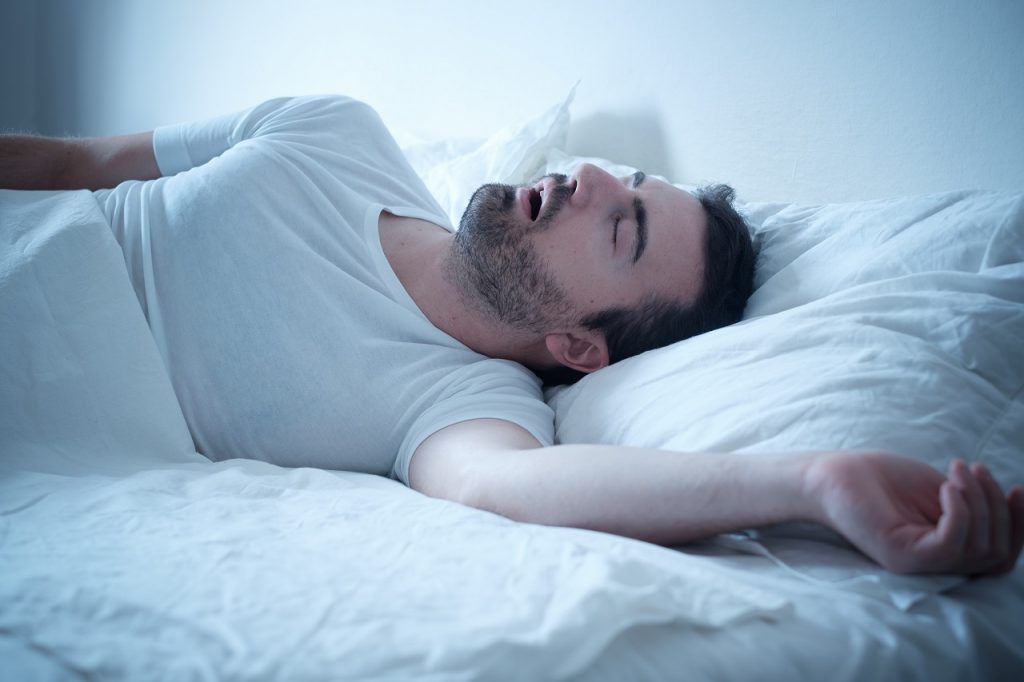
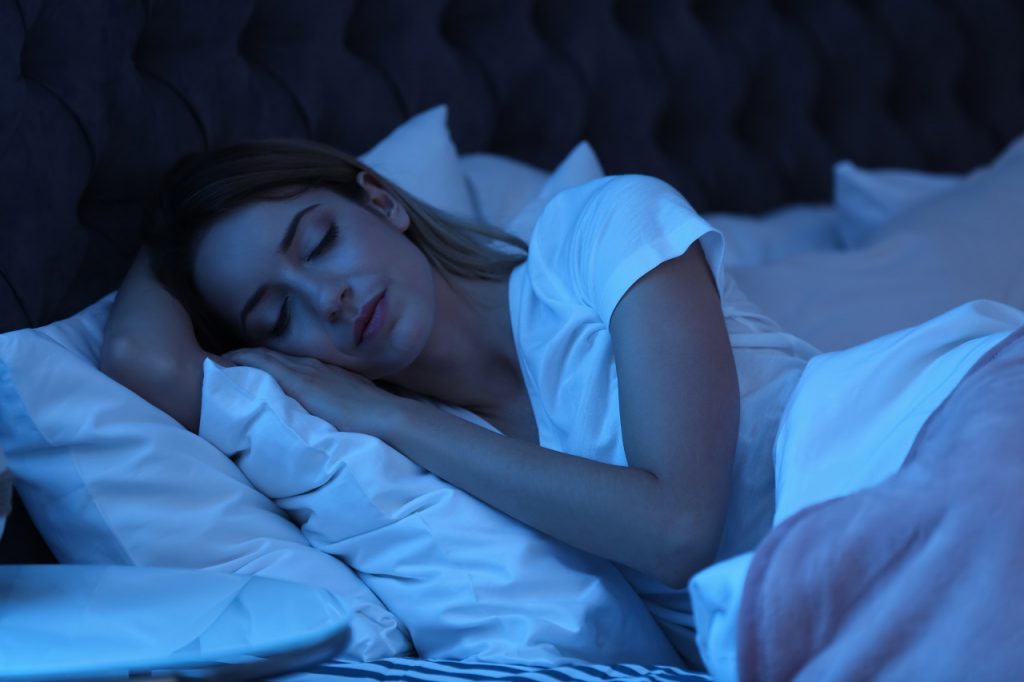 In the previous articles, we went into what influences sleep and factors that guide it. Today, let’s take a look at some sleepy notes to help you improve your sleep!
In the previous articles, we went into what influences sleep and factors that guide it. Today, let’s take a look at some sleepy notes to help you improve your sleep! 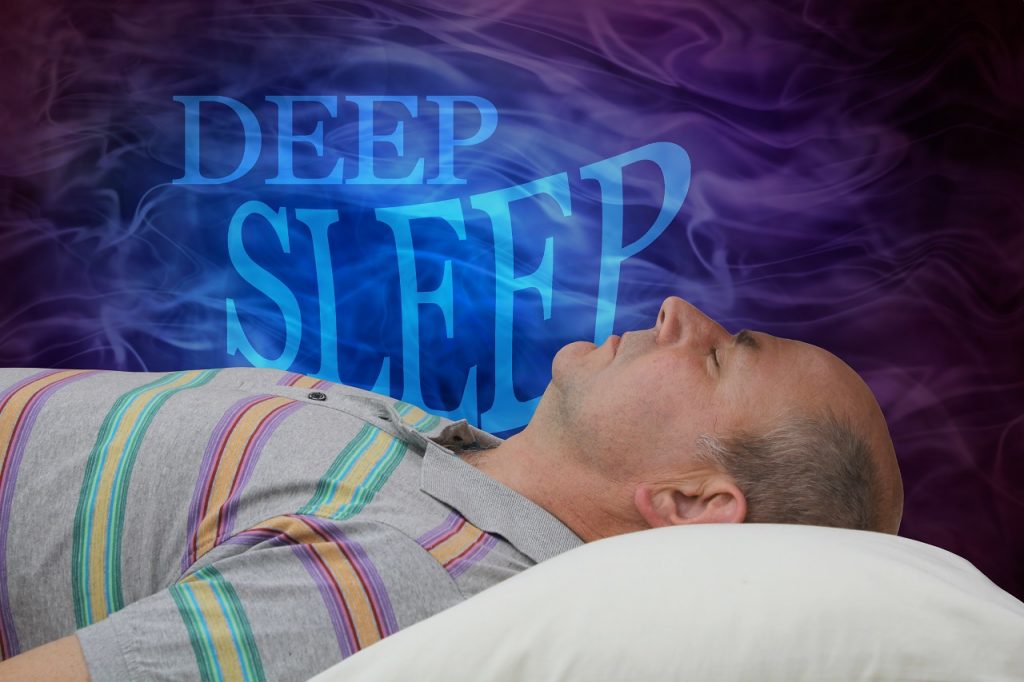 When we sleep, we go through a few stages. Prominent among them are REM and NREM. It is observed that for some non-specific reason, there is significant movement of the eyeball in all directions rapidly during REM sleep BUT does NOT send any visual signals to the brain. Hence, the name Rapid Eye Movement ( REM) sleep and the opposite – Non REM sleep. Some also say that they are “deep sleep” vs “shallow sleep” which I am not a great fan of. I believe they are simply various stages of sleep.
When we sleep, we go through a few stages. Prominent among them are REM and NREM. It is observed that for some non-specific reason, there is significant movement of the eyeball in all directions rapidly during REM sleep BUT does NOT send any visual signals to the brain. Hence, the name Rapid Eye Movement ( REM) sleep and the opposite – Non REM sleep. Some also say that they are “deep sleep” vs “shallow sleep” which I am not a great fan of. I believe they are simply various stages of sleep.